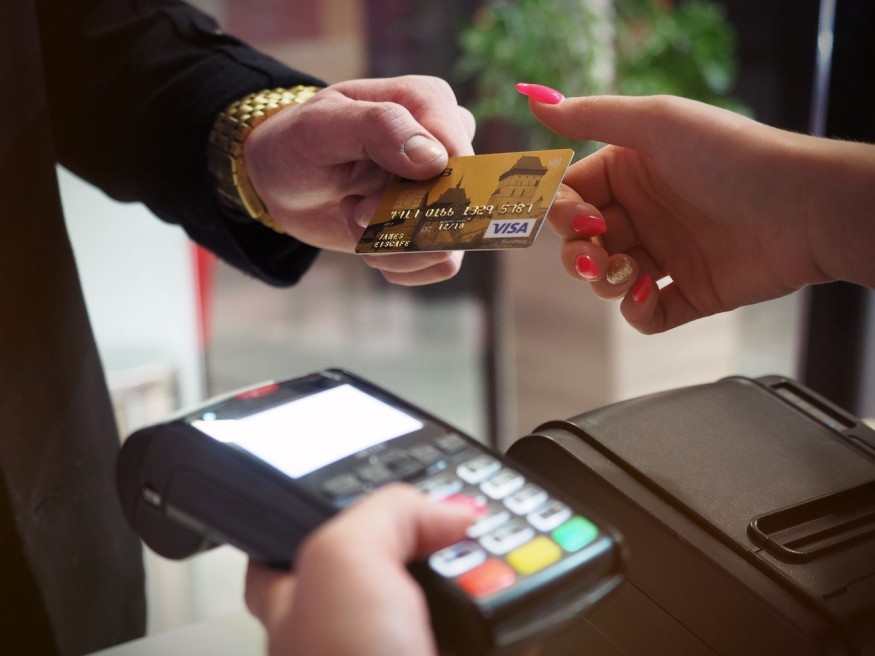4 Consequences of Carrying Credit Card Debt

Debt is everywhere. People are now having to deal with huge amounts of debt from the moment they graduate from a university, or even before. Credit card debt is one of the ugliest types of debt because it's typically used for things that don't hold value, and comes with high interest rates. These are four consequences of carrying credit card debt.
Paying Obscene Amounts in Interest
Anyone who has taken out a loan knows that interest can be a silent killer. There's not much motivation for lenders to hand out money if they don't think they're going to profit from it. Interest, and greater payment down the line, is their way of getting something out of offering you money right now.
The type of loan is going to play a huge role in determining how much you'll end up paying in interest. In an ideal world, you can use credit cards without ever paying a single cent in interest. People who pay off their whole statement in full each month are actually making money from the credit card company by way of cash back or other benefits.
But most people are carrying a revolving debt on at least one credit card. This means debts are carrying over at the end of the month, and thus accruing interest. There are two reasons interest is particularly pernicious when it comes to credit cards:
Credit cards come with some of the highest interest rates out there. It's not uncommon for APRs to be in the high teens or even twenties.
Interest accrues daily with credit cards. Credit card issuers do this because it increases their profit margins.
It's also important for those using credit cards to understand compounding interest. When you owe money, you're not just paying interest on the original principal. You're also paying interest on accumulated interest. This can keep people fighting against their debts for far longer than anticipated.
Hurting Your Credit
Carrying credit card debt can be harmful to your credit score. While it's true that having a longer credit history can be beneficial to you, this goes out the window if you're carrying huge amounts of debt.
Your credit utilization ratio is a major factor in determining your score. Credit utilization is a comparison between your credit limit and usage. Having a high credit utilization ratio or maxing out credit cards will hurt your credit score.
Bankruptcy Becomes a Real Danger
Nobody wants to think about the possibility of having to file for bankruptcy. But this can become a very real danger if your credit card debt gets out of control. While bankruptcy can seem like a way to finally get your debts behind you, it's really not that simple.
When you file for bankruptcy, you're essentially admitting you can't repay your debts, in which case a court works with you and your debtors to work out a deal. This will often obliterate your credit score and can lead to your house or vehicle being liquidated in order to repay loans.
People struggling with debt should consider credit card debt relief. This typically provides a less extreme route to beating your credit card debt than bankruptcy. Organizations such as Freedom Debt Relief have a long history of helping consumers get out of credit card debt, often for settlements less than the original amount owed.
Your Mental Health Decays
Between the stress of not knowing if you'll be able to pay your bills and the collection calls that accompany that, your mental health isn't helped by credit card debt. Studies have shown that difficulty paying off debts make people over two times more likely to have depression or anxiety.
Dealing with that kind of pressure day-in and day-out gets exhausting. It can really feel like your debt is trapping you forever. It's not easy to work though the kind of stress that accompanies debt.
There are several negative things that happen when you carry around credit card debt for too long. Doing whatever it takes to beat that debt can provide some much-needed relief.
Subscribe to Latin Post!
Sign up for our free newsletter for the Latest coverage!
© 2025 Latin Post. All rights reserved. Do not reproduce without permission.













